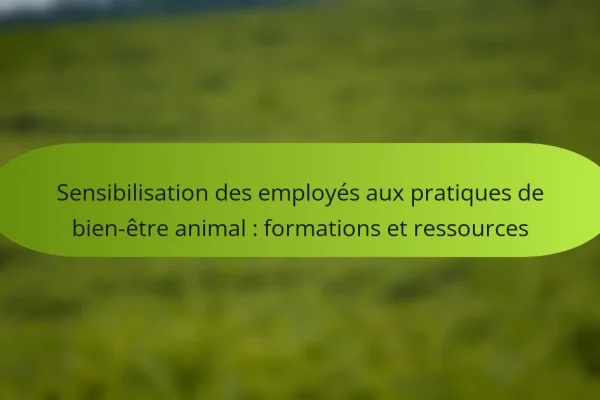
Industrie des abattoirs en France : aperçu, défis et perspectives d’avenir
The French slaughterhouse industry is a crucial component of the food production chain, responsible for transforming livestock into meat for consumption. As of 2020, France had approximately 1,200 slaughterhouses employing around 60,000 people, primarily in production roles. This sector faces significant challenges, including increasing demands for animal welfare, stricter environmental regulations, and the need for…






